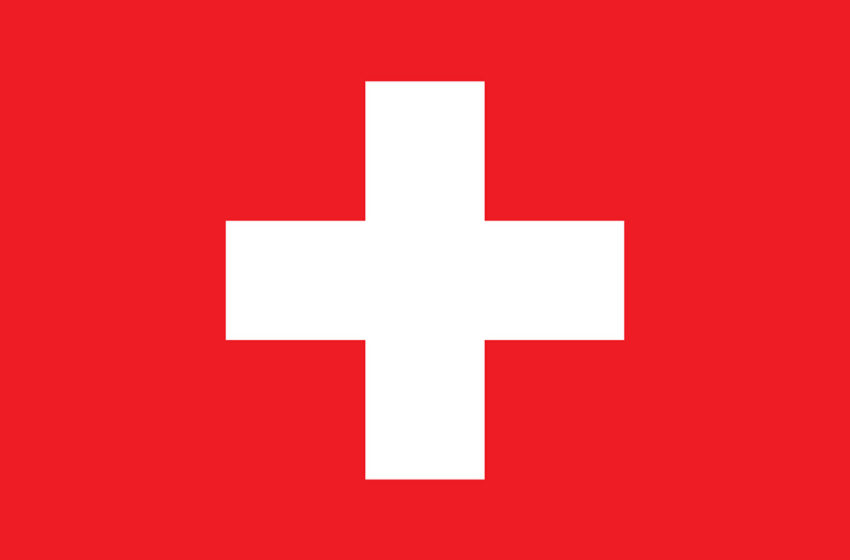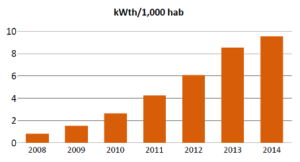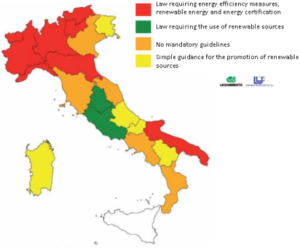Switzerland: Geneva mandates 50 % solar share in hot water demand
December 29, 2010
The Canton of Geneva is the third one after Basel-Country and Vaud to have approved a mandate for a solar share in domestic hot water generation. Article 15.2 of the new energy law, which came into power in September 2010, stipulates that at least 30 % of a building’s hot water demand is to be covered by a solar water heating system. This regulation applies to all sorts of new buildings, as well as to extensions and roof renovations of existing ones.
The article allows an exception in case the hot water demand has already been covered by another source of renewable energy. The alternatives, however, are very few in number, according to Christian Freudiger of Geneva’s canton-wide energy service authority (ScanE): “We have very strict regulations in Geneva, which do not consider heat pumps as an renewable heating technology, because they are run by electricity, or wood burners, which cause respirable dust emissions”. Geneva is an exception, because all over Switzerland, heat pumps are a very popular heating technology.
According to the statistics by Switzerland’s heat pump association (FWS), 83 % of the around 11,000 new residential buildings in 2009 have been equipped with a heat pump. Ten years ago, the share was at only 32 %. Altogether, a total number of around 20,000 heat pumps has been sold and installed in Switzerland in 2009, a stagnating development compared to the previous year 2008. The Swiss solar energy association Swissolar estimates that around 20 % of the heat pumps in new buildings are combined with a solar thermal system. For 2009, the annual market statistic of Swissolar counts 11,922 newly installed solar thermal systems under 10 m2 each.
The implementation of solar obligations is a long and time-consuming political process in Switzerland. In Geneva, an entire year had passed before the new energy law was approved. The first version of the law was approved by the parliament of Geneva in September 2009. Because energy issues concern every household, organising a referendum is obligatory: It took place in March 2010. Freudiger points out that it is not the solar obligation for hot water which is put to the vote, but the entire energy law. In Geneva, the referendum was accepted in August 2010 and the energy law was published shortly thereafter.
In Neuchatel canton, the political process has been delayed, because the referendum resulted in a negative vote in November 2009. This led to a restart of the drafting process for a revised energy law, with the public review period having been finished at the end of October 2010. “We are now evaluating the results of the public review, taking into account that we would like to avoid a second referendum on the matter,” Marc Schaffner, Head of the Energy Division at Neuchatel’s energy service authority, explains. The new draft law again includes an obligation for solar hot water. All new buildings are to be equipped with a solar thermal system covering more than half of the annual hot water demand (minimum 51 %). Alternatively, a solar electric installation can meet these requirements. According to current planning, the canton’s parliament (Grand Conseil) would be able to approve the law in one of the meetings before the summer recess 2011. The administration in Neuchatel will then be at the same point it was two years ago. Theoretically, the second stage could also repeat itself, having opponents collect 4,500 votes to force a new referendum.
More information:
Heat pump association Switzerland: http://www.fws.ch
Solar energy association Swissolar: http://www.swissolar.ch/
Geneva canton: http://www.ge.ch
Neuchatel canton: http://www.ne.ch


